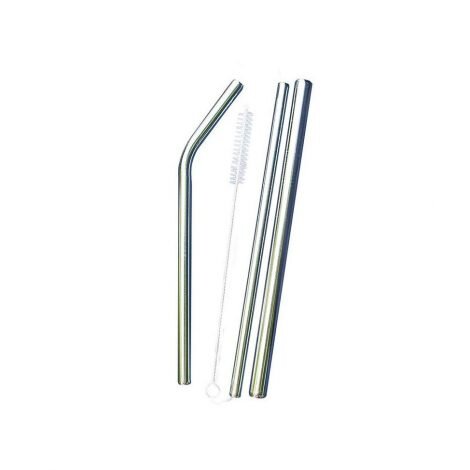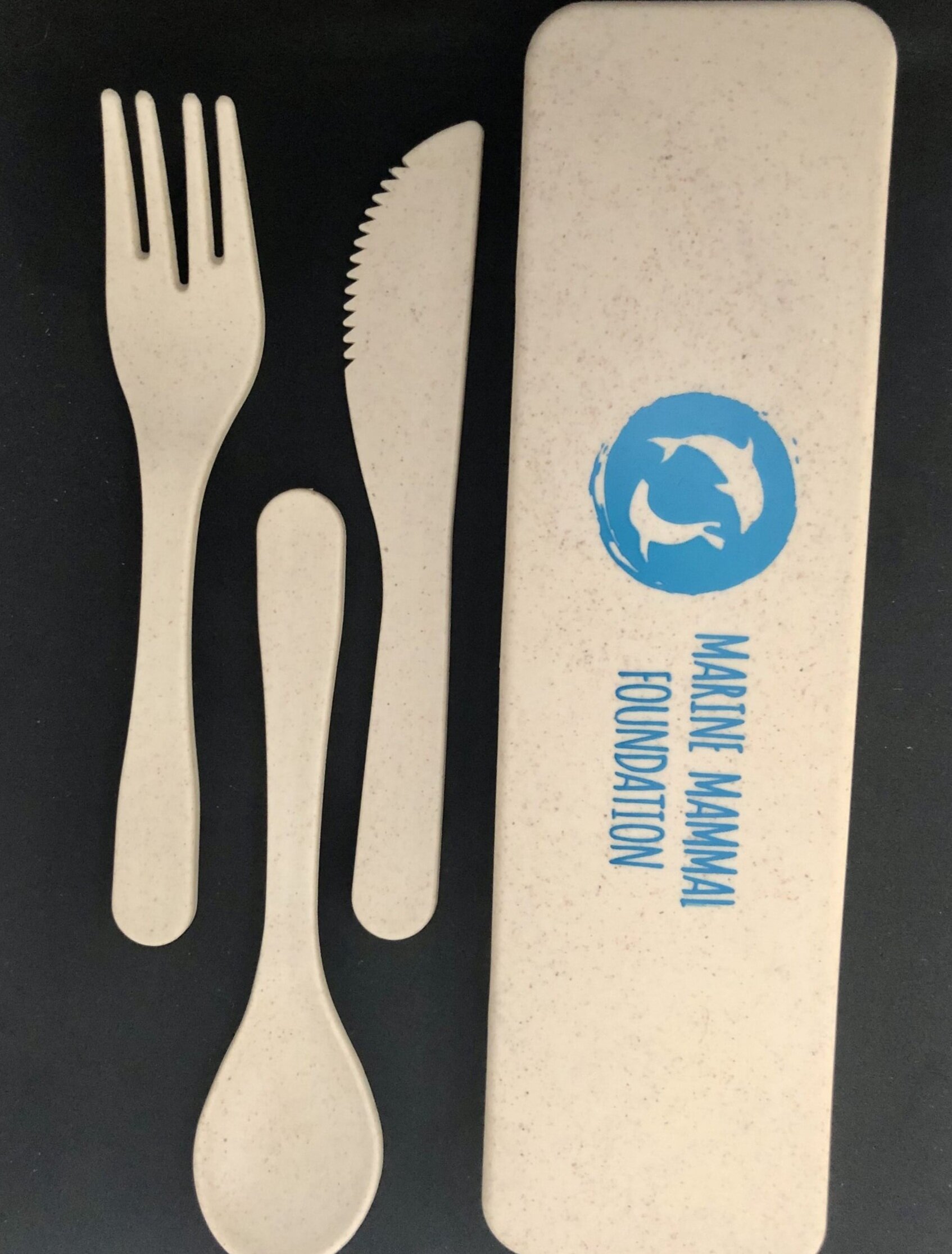Plastic Free July
PLASTIC FREE JULY WITH THE MARINE MAMMAL FOUNDATION
Plastic Free July is a great opportunity to consider how and why we use single-use plastics in our daily lives, and consider where we might be able to cut back. We have seen an enormous surge in those preaching ‘green’ living, but it can be incredibly daunting to commit to a completely plastic-free or zero-waste lifestyle.
The aim of Plastic Free July is to encourage people to #ChooseToRefuse – to identify one single-use item they often encounter in their own lives, such as take-away coffee cups, tea-bags, or plastic knives and forks, and to avoid using it for the month of July. People may find they develop the habit of avoiding that item and continue the practice beyond July. Or they might discover they were more reliant on single-use plastic than they realise.
For Melbournians, the déjà vu of heading back into Stage 3 lockdown may have presented an opportunity to really lean into Plastic Free July this year. If that’s the case for you, the MMF team has listed a few of the ways they keep down their single-use plastic consumption with some of our favourite products. You can also keep up with our personal plastic-free stories on our social media pages.
This article contains some of the products we sell through the Foundation webpage, which if you choose to buy, will contribute to MMF work. Any products listed in this article that aren’t MMF merchandise are in no way affiliated with the Foundation as this is not a paid product endorsement, they are simply some products that we at MMF have enjoyed using to minimise our plastic consumption.
1. WATER BOTTLE
It is estimated that, worldwide, over 500 billion plastic bottles are used every year (PlasticOcean.org). Using your own drink bottle will not only save some plastic, but will save you money! About $2 billion was spent on bottled water by Australians in 2015 (CoolAustralia.org). You can make the switch with one of MMF’s stainless steel drink bottles, ethically made here in Melbourne by EarthBottles.
2. METAL STRAW
There’s a lot of debate over reusable vs. disposable straws, made from paper or other compostable materials. The issue is, if paper or compostable straws go to landfill rather than being composted, they still create the same number of issues, if not more, than plastic straws, such as generating greenhouse gas during the breakdown process, or being misleadingly labeled as “biodegradable” (BPIWorld.org). A reusable straw made from metal, silicone, or glass saves you the worry. These are some straws we’ve enjoyed using.
3. TEA STRAINER
Who doesn’t love a warm cup of tea during these wintery days? I’ll bet, however, you don’t like microplastics in that tea. Some tea bags made from synthetic fibres have been found to release microplastics when in contact with hot water (BBC News 2019). Combined with the plastic-coated paper tab and excess packaging that complete the tea bag, an easy plastic-free alternative is loose leaf tea. Plus, the tea infusers you fill with loose leaf tea come in all shapes and sizes! Check out MMF’s best-selling “ManaTeas” for your tea-diffusing needs.
4. ECO-MUGS
These ones have been a bit tricky in recent months, with a number of cafes understandably opting to veto reusabale eco-mugs in the interest of hygiene amid the coronavirus pandemic (Canberra Times, 2020). However, with the number of disposable coffee cups that have been used in the last couple of months and the easing of restrictions in a number of cities around Australia, it is really important to start thinking about bringing the keep-cup back into every-day use. If you’re looking to grow your collection of keep cups you can check out MMF’s new-look Rice Husk Eco-Mug made from 50% repurposed rice husk.
5. SHOPPING BAGS
Australia’s 2019 Ban The Bag saw great success, with all major supermarkets committing to abolishing single-use plastic bags from their stores. Since then, amassing a collection of reusable shopping bags to store in the car, in the kitchen, and in handbags became the pursuit of many households across the country. Add to the collection with one of MMF’s cloth bags, or our new scrunchable bags that are perfect for sneaky storage.
6. PRODUCE BAGS
Despite the Ban The Bag movement, many supermarkets still stock plastic produce bags alongside their fruit and veg. Try to avoid undoing the hard work of remembering to bring reusable shopping bags only to fill them with plastic produce bags. Mesh produce bags are an easy addition to the reusable bag stash and a great way to cut out plastic.
7. REUSABLE CUTLERY
The convenience of food delivery has been irresistible for many during coronavirus lockdown. The deliciousness of home-delivered restaurant takeaway with the added bonus of supporting local business makes it a win-win. Yet, it doesn‘t come without its negatives. Single-use items, such as plastic knives and forks, wooden chopsticks, and styrofoam packaging, have become a more visible issue as food delivery services have become more popular. Current estimates for the United States sit at 40 million plastic utensils being used every year (Forbes 2019). While it is tricky to ask restaurants to transport their food in less damaging packaging, it is easy to ask them to hold the disposable cutlery. Even out-and-about, disposable cutlery is easily-avoidable with convenient transportable cutlery sets, like these.
8. SILICONE PATTY-PANS
Isolation bakin’! A lot of us rediscovered the joys of home-made baked goods over the various lockdown periods across the country. In fact, making things from scratch is a great way to reduce plastic. Choosing to bake at home rather than getting your cookies, cakes and breads from the supermarket removes the need for all of the plastic packaging that usually encloses them, dramatically reducing your plastic waste. Try these silicone patty-pans on for size the next time you bake up a storm.
9. COCONUT SCOURER
It’s well known that kitchen sponges get grubby pretty quickly (Cardinale et al. 2017). Their porous nature makes them a little breeding ground for bacteria, a problem that is easily solved by regularly throwing our kitchen sponges out and replacing them with new ones. The trouble is, if these disposable kitchen sponges skip the landfill and somehow end up in the natural environment, either through incorrect disposable or wind and rain moving them away from landfill and into the environment, the synthetic plastic materials they are made from are not environmentally friendly. To stop our sponges contributing to the masses of microplastic growing in our oceans, you can switch to a scourer made from natural fibres, such as coconut, so that when they are discarded after their usage lifetime, they don’t contribute to the plastic problem.
10. BUYING IN BULK
A great way to cut down on packing associated with dry goods, local bulk food stores are becoming a more popular way to shop. Shopping in bulk helps to reduce the 130,000,000 kilograms of plastic waste that Australians deposit into the oceans every year (WWF). A personal favourite of the Marine Mammal Foundation team is The Source, a bulk foods franchise that has stores around the country.











